Sakarya University stands out as a leading higher education institution in the implementation of the United Nations Sustainable Development Goals (SDGs) at the regional level, particularly in the fields of regional development and social responsibility. Through strategic partnerships with public institutions, local governments, and non-governmental organizations, the University actively supports the localization of sustainable development policies. It contributes to the advancement of a multi-stakeholder governance culture. This approach demonstrates that Sakarya University is not only an academic institution producing knowledge, but also an active stakeholder in shaping and implementing sustainable development policies at both local and national levels.
Sakarya University's Contribution to Regional Sustainability Policies: Sakarya Metropolitan Municipality External Stakeholder Workshop
Sakarya University actively contributes to regional policy development processes in collaboration with local governments, aligning with the Sustainable Development Goals (SDGs). In this context, Sakarya University Rector Prof. Dr. Hamza Al and academic representatives actively participated in the 2025–2029 Strategic Plan External Stakeholder Workshop organized by the Sakarya Metropolitan Municipality under the theme "Your City, Your Plan."
At the workshop, university experts provided policy recommendations on topics such as disaster management, urban transformation, energy efficiency, zero waste, climate change, sustainable transportation, and environmental planning, contributing to the development of Sakarya's long-term sustainability strategies. Sakarya University conducted joint analyses on sustainable urbanization, risk reduction, and climate adaptation plans with representatives from the city administration, public institutions, civil society organizations, and the private sector.
The university's contribution to this process included: This work encompasses areas such as identifying problems, developing solution models, modeling future scenarios, and monitoring intervention policies. In this multi-stakeholder platform, Sakarya University provided both scientific data support and directly contributed to shaping urban planning and disaster management policies with an evidence-based approach.
This study serves as a concrete example of Sakarya University's active participation in local policy development processes, aligning with SDG 11 (Sustainable Cities and Communities), SDG 13 (Climate Action), and SDG 17 (Partnerships for the Goals).
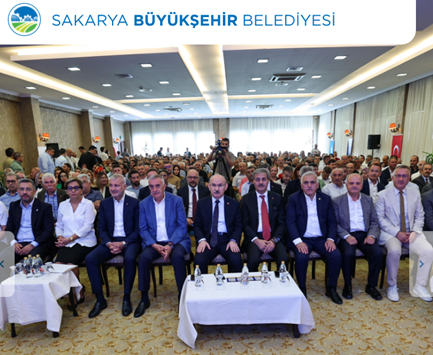
Sakarya University's Contribution to the National Roma Strategy Document and Local Action Plan
Sakarya University plays an active role in social inclusion and reducing inequalities (SDG 10) by providing scientific contributions to public policies developed within the scope of the Strategy Document for Roma Citizens (2023–2030) and the Phase I Action Plan (2023–2025). In this context, the university hosted the "Workshop on the Problems of Roma People in Sakarya and Proposed Solutions." The workshop, organized by the Sakarya University Social Contribution and Sustainability Coordination Office (TOKAS), was held in collaboration with the Ministry of Family and Social Services, the Ministry of Youth and Sports, the Sakarya Metropolitan Municipality, the Provincial Directorate of National Education, Roma civil society organizations, and academics.
The workshop addressed the fundamental problems facing Roma communities, such as education, employment, poverty, health, housing, and social exclusion. Applicable solutions, local action plans, and policy recommendations were developed in these areas. University academics actively contributed to the policy development, implementation, and monitoring stages by providing data based on field research. At the end of the workshop, the identified problems and proposed solutions were compiled into a policy report to be shared with relevant public institutions. Recommendations were also developed, which will serve as input for the national strategy document.
This study offers a compelling example of a direct contribution to evidence-based policymaking at both the local and national levels.
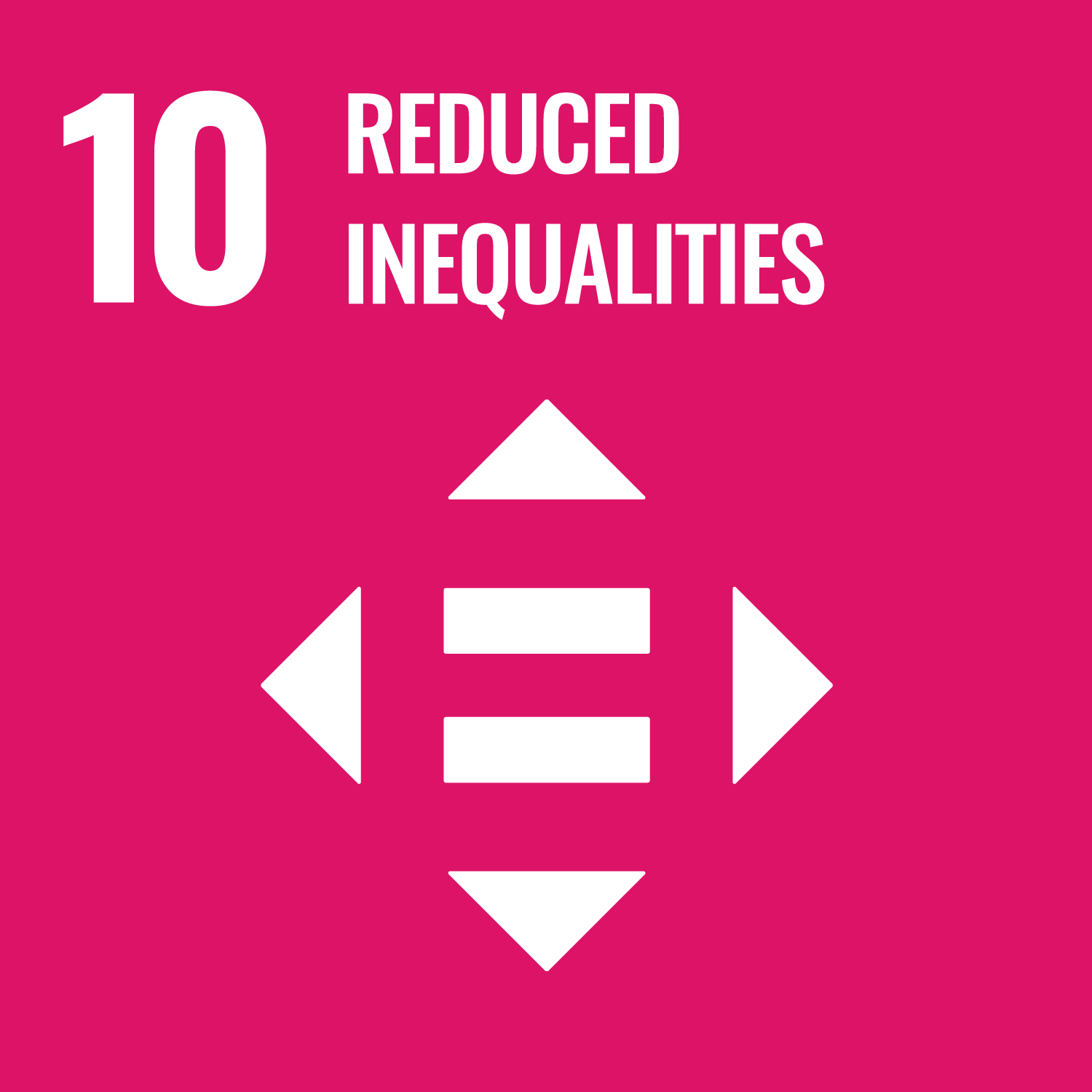
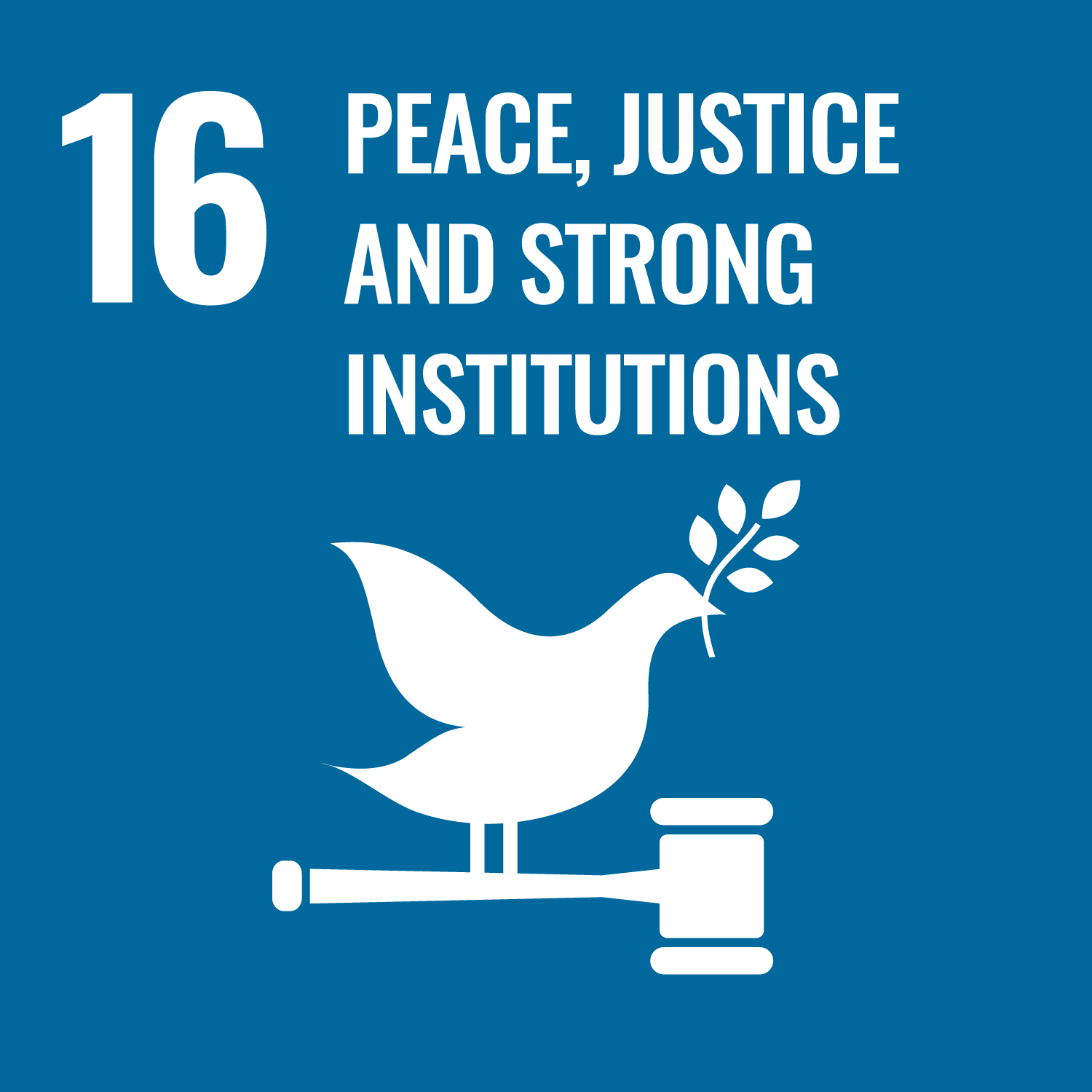
Strengthening Regional Development through a TÜBİTAK Project
The project, "Managing Rural Development Strategies Aligned with Sustainable Development Goals: Development of an Adaptable Balanced Scorecard Model for Local Governments," developed by Associate Professor Dr. Ümmügülsüm Zor of Sakarya University's Faculty of Business Administration, has been awarded support under the TÜBİTAK 3005 Program for Innovative Solutions in Social and Human Sciences.
The project aims to develop a customizable Balanced Scorecard (BSC) model that will help local governments create measurable and effective strategies aligned with the Sustainable Development Goals. This model will guide the development of holistic development policies in rural areas by strengthening the balance between economic growth, social welfare, and environmental sustainability.
Under the coordination of Assoc. Professor Dr. Ümmügülsüm Zor, Assoc. Professor Dr. Adem Akbıyık, Res. Dr. Bilge Katanalp, Assoc. Professor Dr. Ayla Esen and the research team, including Murad Canbulut, are developing a scientific collaboration model that integrates public policy, business management, and sustainable development through an interdisciplinary approach.
This project is an exemplary example of how interactive partnerships between academia, local governments, and public institutions can contribute to sustainable development at the local level by strengthening science-based decision-making processes.
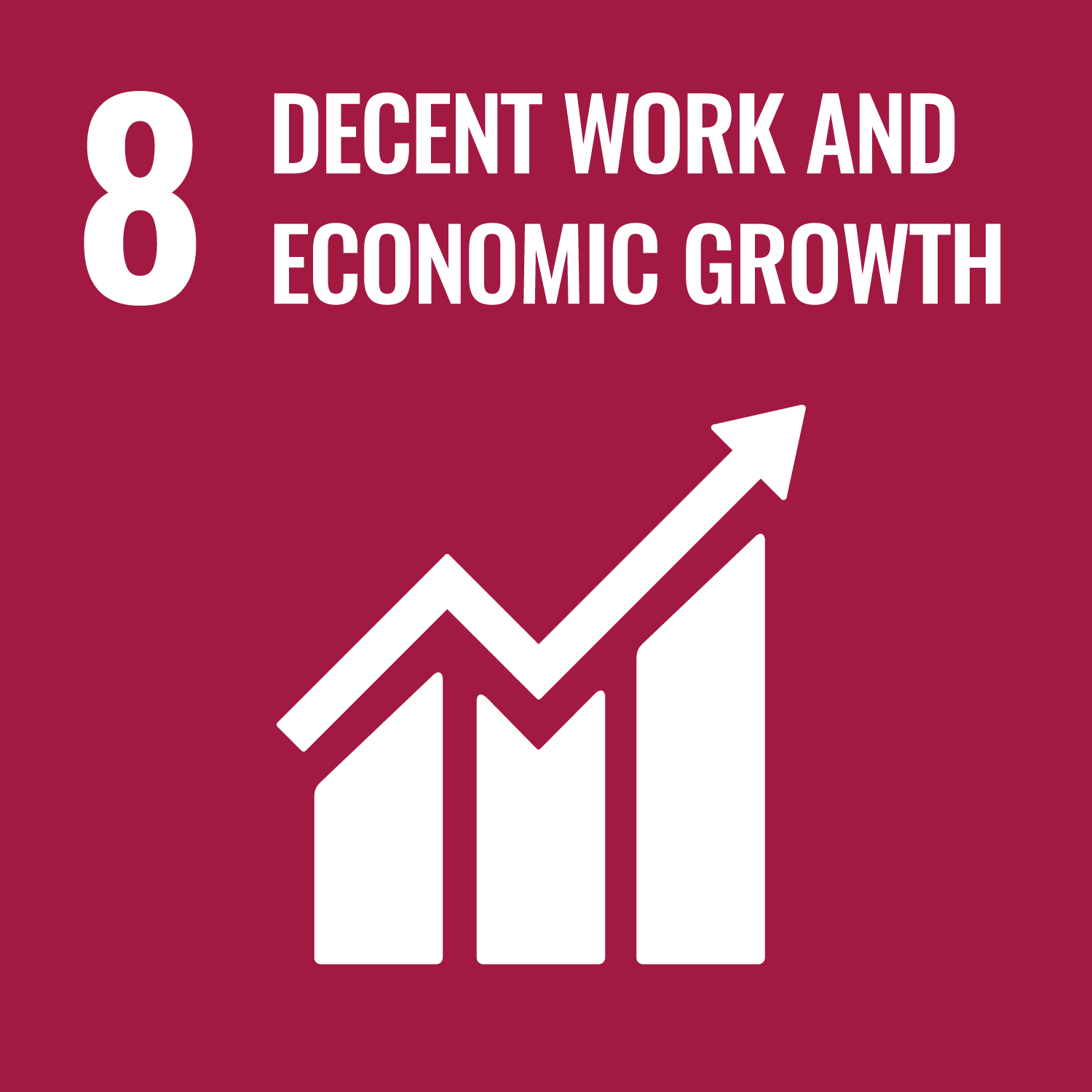
Sakarya University's Contribution to Climate Change Adaptation and Sustainable Agricultural Policies
Sakarya University collaborates with policymaking institutions in line with Sustainable Development Goals 2 (Zero Hunger) and 13 (Climate Action) by providing scientific contributions to the development of climate change adaptation and sustainable agricultural policies at the national level. In this context, the project titled "Establishing a Spatial Decision Support System for Sustainable Hazelnut Farming within the Context of Climate Change Adaptation Using Artificial Intelligence Methods, Satellite Imagery, and Climate Data," led by Associate Professor Beyza Ustaoğlu of the Department of Geography, Faculty of Humanities and Social Sciences, Sakarya University, was supported by the TÜBİTAK 1001 Scientific and Technological Research Projects Program.
The project, designed in accordance with Turkey's 12th Development Plan and priority climate policies, develops a science-based decision support model that aims to reduce vulnerability to climate change, increase production efficiency, and enhance food security. The project utilizes AI-based spatial analyses, climate scenarios, and field/laboratory studies to identify hazelnut production regions and varieties resilient to future climate conditions.
The resulting data is shared with the Ministry of Agriculture and Forestry, providing policymakers with a reference for climate adaptation planning, agricultural risk management, and sustainable production strategies. Furthermore, the project outputs are shared with academia, public institutions, the private sector, and civil society organizations, providing an integrated system model to enhance the applicability of national agricultural and climate policies.
In this respect, the project serves as a strong example of Sakarya University's integration of its scientific research capacity with national policymaking processes, directly contributing to the development of evidence-based sustainable development policies.


Strengthening University–Public Cooperation in Probation Services
An institutional cooperation protocol for probation services has been signed between Sakarya University (SAU) and the Sakarya Chief Public Prosecutor's Office of the Ministry of Justice.
This protocol, signed by SAU Rector Prof. Dr. Hamza Al and Sakarya Chief Public Prosecutor Hasan Uğurlu, aims to support the reintegration of disadvantaged groups into social life and to foster the integration of productive individuals who are free from crime.
This collaboration significantly contributes to strengthening the interaction and social responsibility-based partnerships between the university and public institutions.
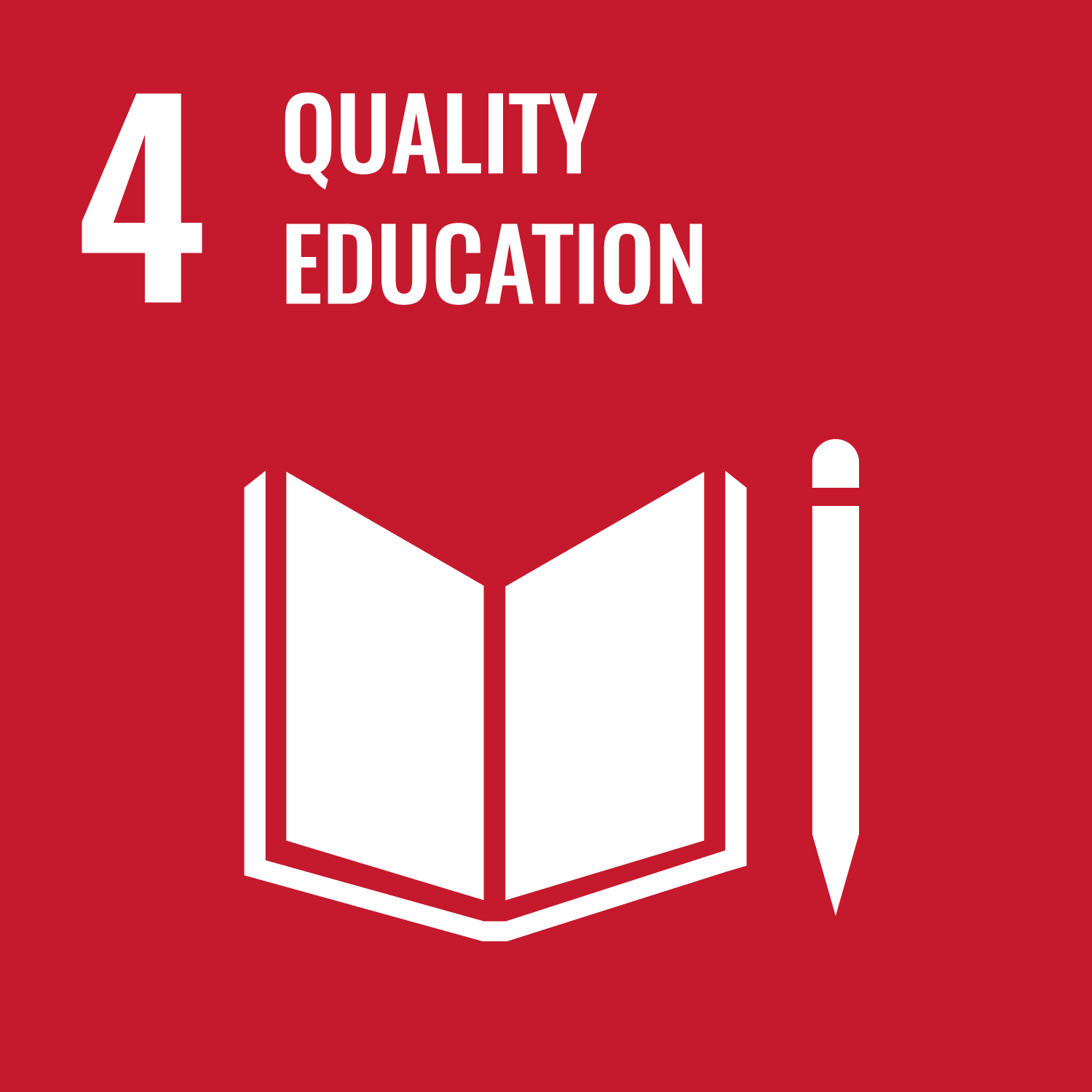

Institutional Cooperation in the Field of Human Rights: TİHEK Protocol
A cooperation protocol aimed at providing students with hands-on experience in human rights and raising rights-based awareness was signed between Sakarya University and the Turkish Human Rights and Equality Institution (TİHEK) on March 6, 2024.
Signed by Sakarya University Rector Prof. Dr. Hamza Al and TİHEK President Prof. Dr. Muharrem Kılıç, the protocol will provide internship opportunities for Sakarya University students, organize a "Human Rights Certificate Program," and conduct workshops on themes such as "Prohibition of Discrimination," "Freedom of Thought and Expression," and "Academic Freedom." Students will also have the opportunity to prepare thematic reports, contribute to academic publications, and participate in human rights activities.
This collaboration stands out as an exemplary partnership that strengthens university-public interaction and supports young people's awareness of human rights.


Opening of the UKAY Congress Hosted by Sakarya University
The 12th National Solid Waste Management Congress, which began on December 12, 2024, at the Turgut Özal Culture and Congress Center, hosted by Sakarya University, established a significant platform for national collaboration in environmental policies and sustainable waste management.
The congress was organized in collaboration with Boğaziçi University, the Turkish National Committee for Solid Waste Pollution Research and Control, and the Kriton Curi Environmental Foundation. The event, themed "Sustainable Solid Waste Management and Economy in the Green Transformation Process," brought together universities, public institutions, local governments, the private sector, and civil society organizations under one roof.
Speaking at the opening, Sakarya University Rector Prof. Dr. Hamza Al emphasized the university's responsibility to develop sustainable solutions to global challenges such as climate change, natural resource depletion, and environmental pollution. Prof. Dr. Al stated, "Sakarya University is resolutely progressing towards becoming a pioneering institution that integrates a sustainability vision into all its activities through its environmentally sensitive projects."
As part of the congress, Prof. Dr. Hamza Al, President of the Turkish Environment Agency within the Ministry of Environment, Urbanization, and Climate Change, and Prof. Dr. Ferhat Pirinççi announced that a deposit management system would be piloted in Sakarya. He stated that this initiative would contribute to both the environment and the economy through waste recycling. The event also called for collaboration between the Sakarya Metropolitan Municipality, NGOs, and academia. This joint initiative, carried out with the goal of "a more livable city and a more sustainable world," has created a multi-stakeholder collaboration network supporting environmental sustainability at the local level.
The congress featured 68 presentations in 13 sessions over three days. The exhibition "Aesthetics of Transformation" by Associate Professor Dr. Pınar Güzelgün Hangün, a faculty member at the Faculty of Art, Design, and Architecture, offered a creative platform for awareness, where waste meets art. This comprehensive event helped pioneer the strengthening of sustainable collaborations among academia, the public, local government, and the private sector, reaffirming Sakarya University's leadership in environmentally focused partnerships.
Etiketler :